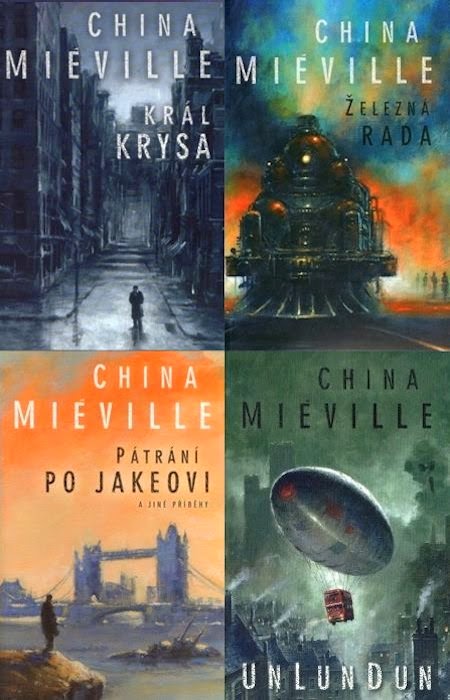Desperate to find a case to justify the team's existence, with budget cuts and a police strike on the horizon, Quill thinks he's struck gold when a cabinet minister is murdered by an assailant who wasn't seen getting in or out of his limo. A second murder, that of the Commissioner of the Metropolitan Police, presents a crime scene with a message... identical to that left by the original Jack the Ripper.
The new Ripper seems to have changed the MO of the old completely: he's only killing rich white men. The inquiry into just what this supernatural menace is takes Quill and his team into the corridors of power at Whitehall, to meetings with MI5, or 'the funny people' as the Met call them, and into the London occult underworld. They go undercover to a pub with a regular evening that caters to that clientele, and to an auction of objects of power at the Tate Modern.
Meanwhile, the Ripper keeps on killing and finally the pattern of those killings gives Quill's team clues towards who's really doing this....
***
In London Falling, Paul Cornell introduced readers to Detective Inspector James Quill and his squad of oddballs, including undercover officer Kev Sefton, analyst Lisa Ross, and Tony Costain, a properly dodgy copper on the road to reform. In the course of investigating a series of mob-related murders, the aforementioned four were cursed with something called the Sight—the ability to see the supernatural forces underpinning the city—which has been driving them half mad in the months since they managed to overmatch Mora Losley.
Catastrophe strikes the capital a second time in The Severed Streets, a solid sequel to a satisfying, if slow starter, but on this occasion, the team is aware of what they're up against... though that isn't to say they're prepared.
Catastrophe strikes the capital a second time in The Severed Streets, a solid sequel to a satisfying, if slow starter, but on this occasion, the team is aware of what they're up against... though that isn't to say they're prepared.
Thanks to an interesting series of interactions between this government and certain classes of the general public, it was shaping up to be one of those summers. He and his team had been told that the Smiling Man had a 'process' that he was 'putting together,' and Quill kept wondering if he was somewhere behind the violence. He could imagine a reality where the coalition in power had done a lot of the same shit, but without a response that included Londoners burning down their own communities. Really, it was down to how the initial outbreaks of violence had been mismanaged and a strained relationship between government and the Met that was leaving him increasingly incredulous. (p.15)Or so they think, in their innocence—for though they know that there's more to London than meets the eye, they don't know much... and who in the underworld is going to bring the police up to speed?



















